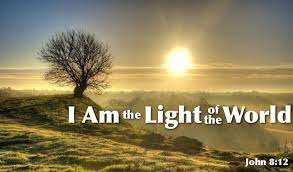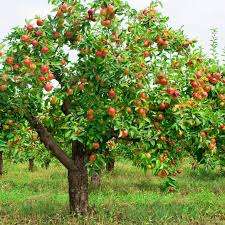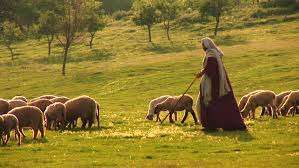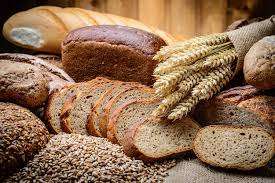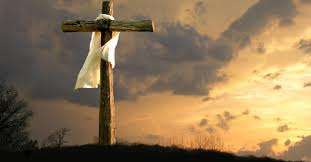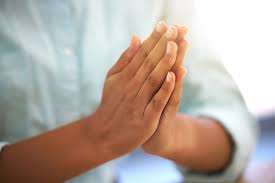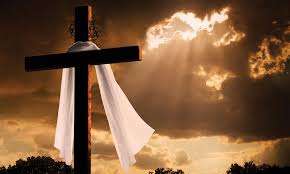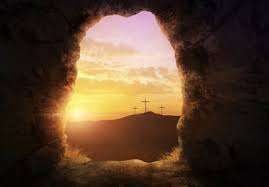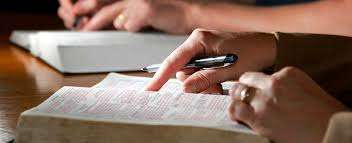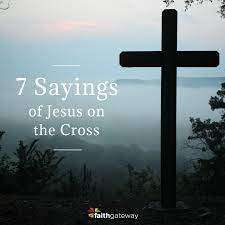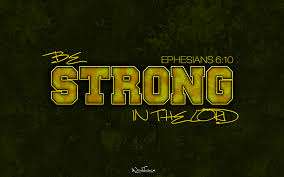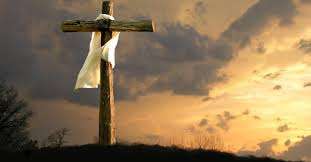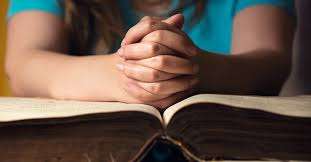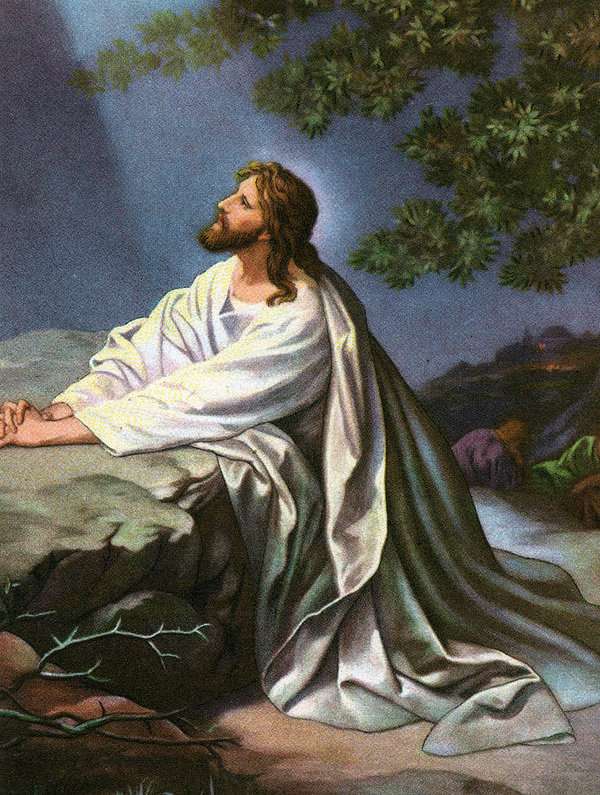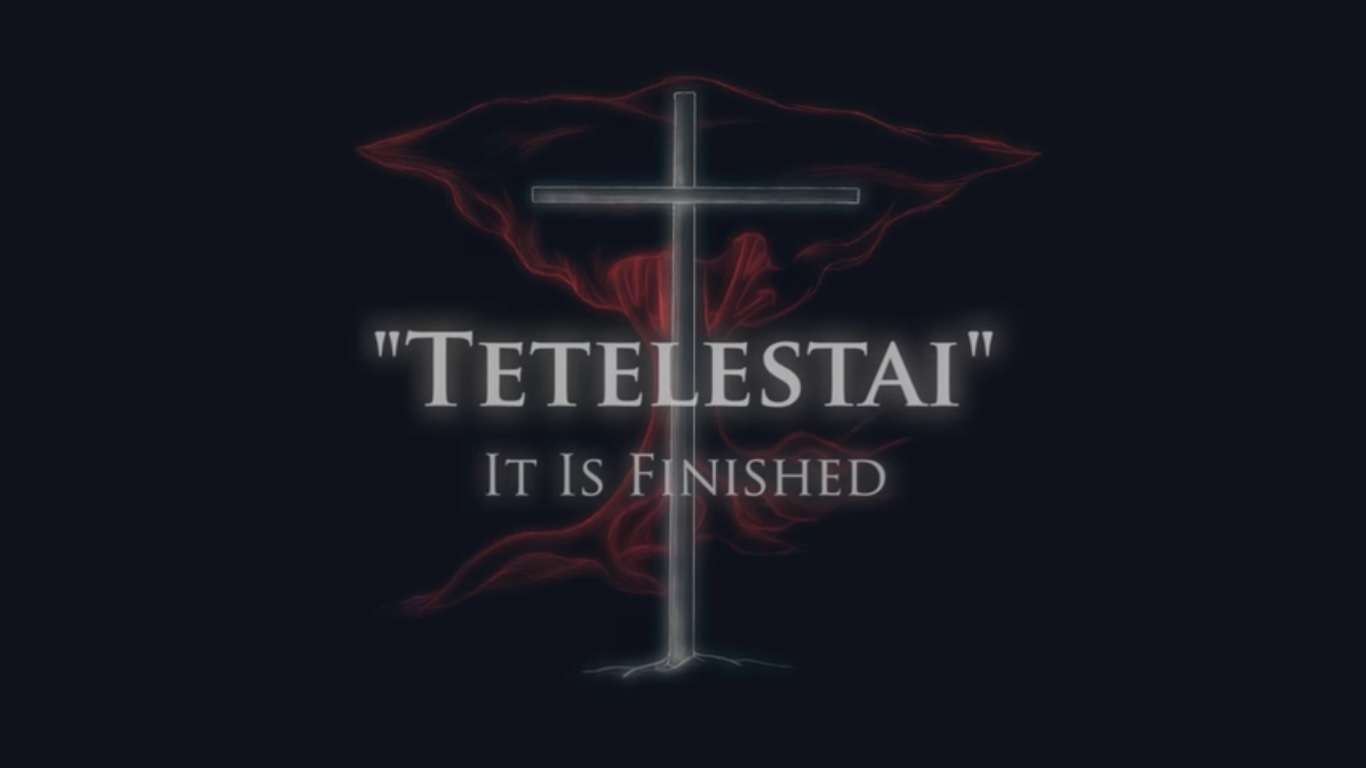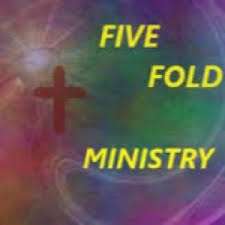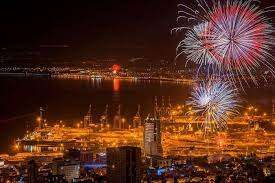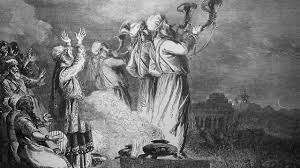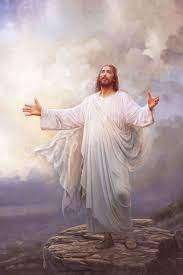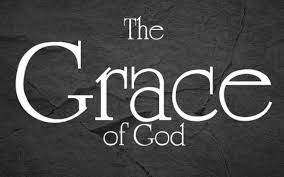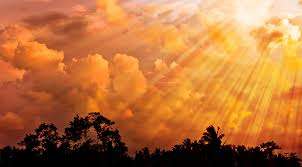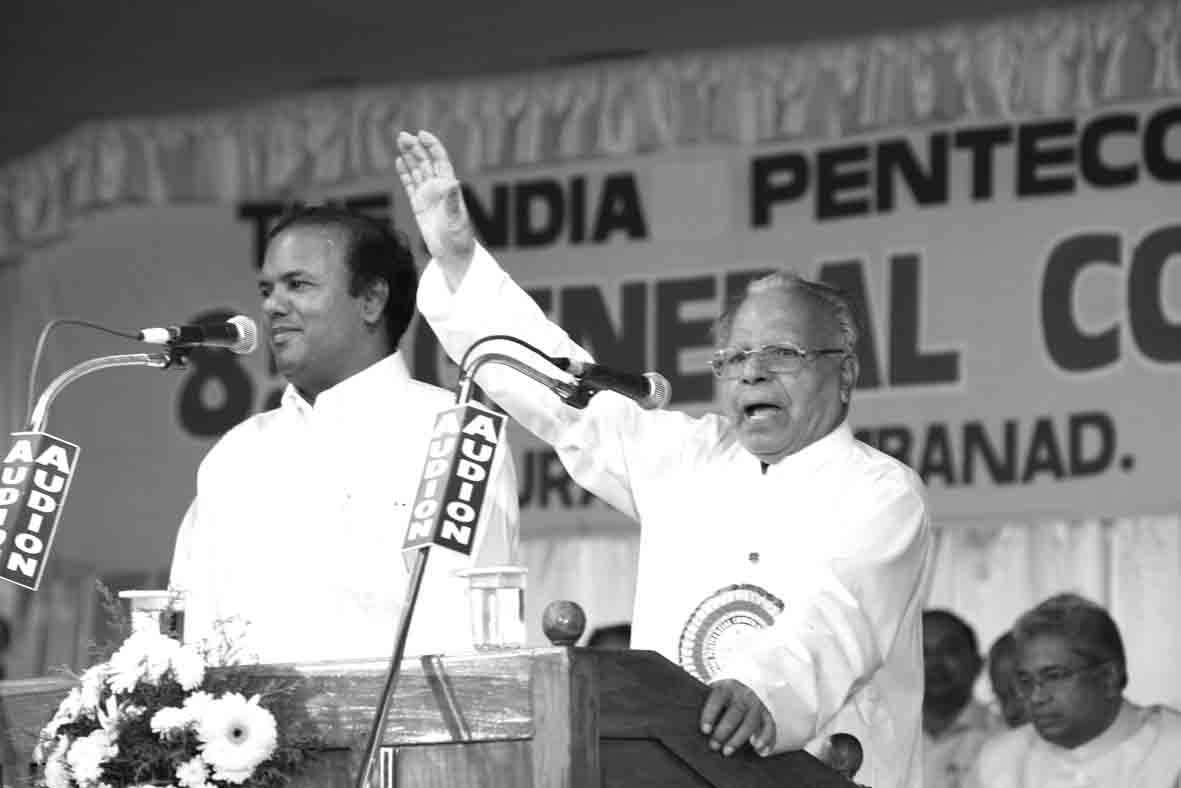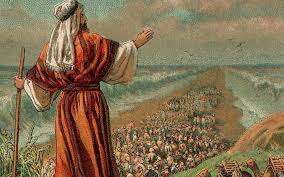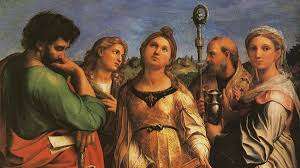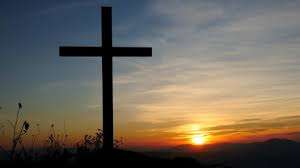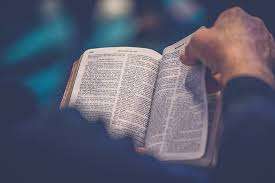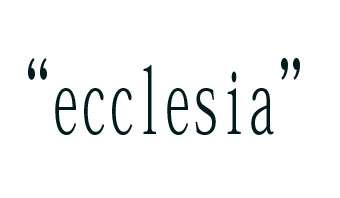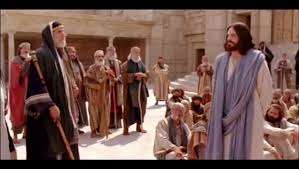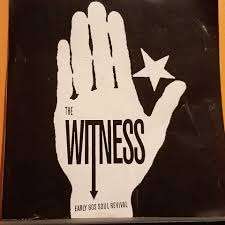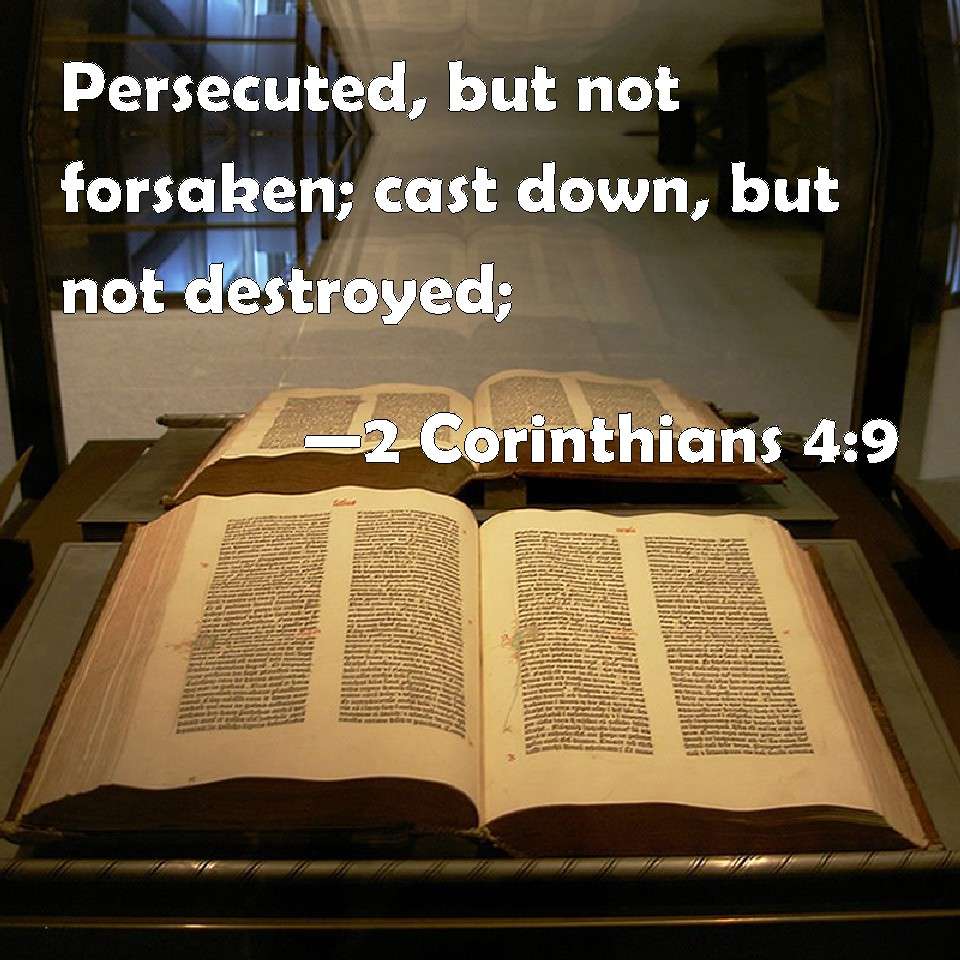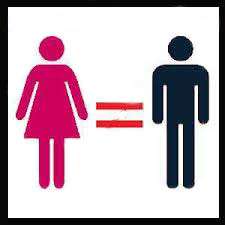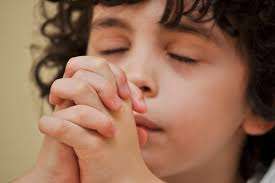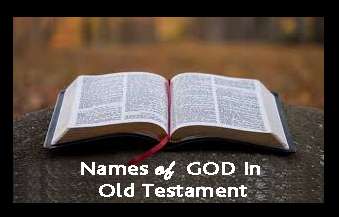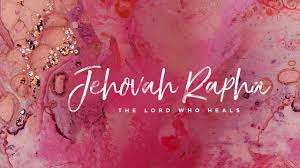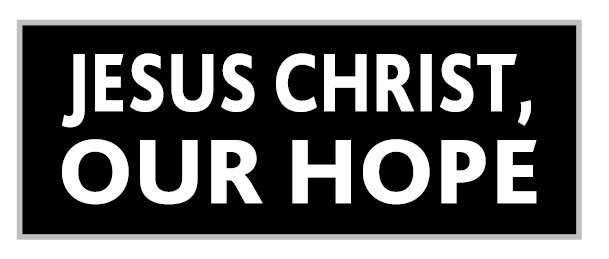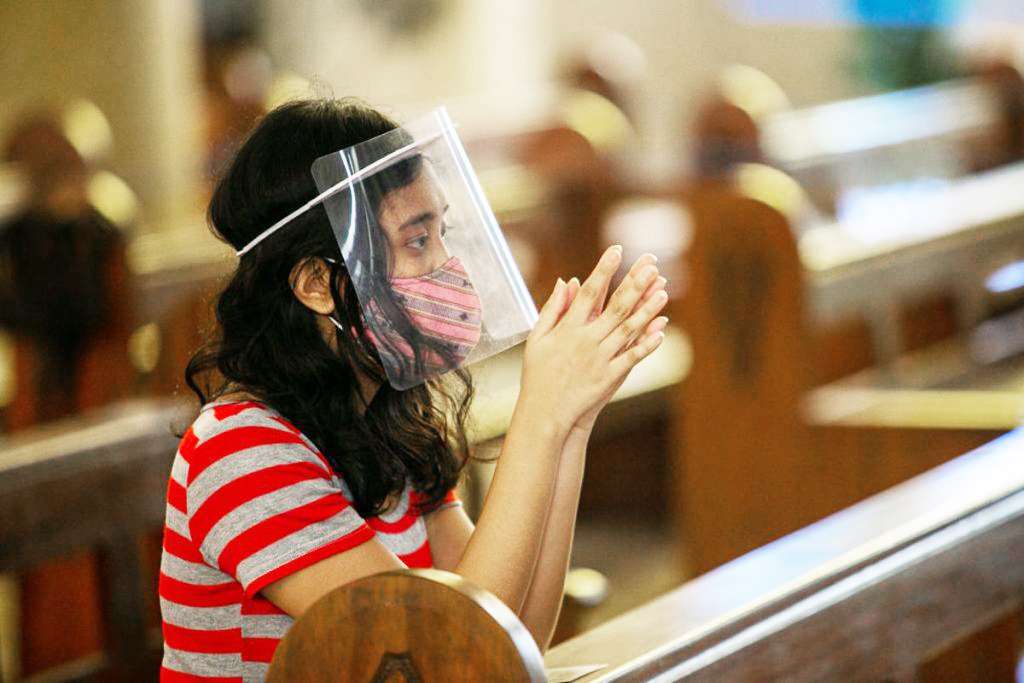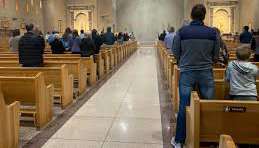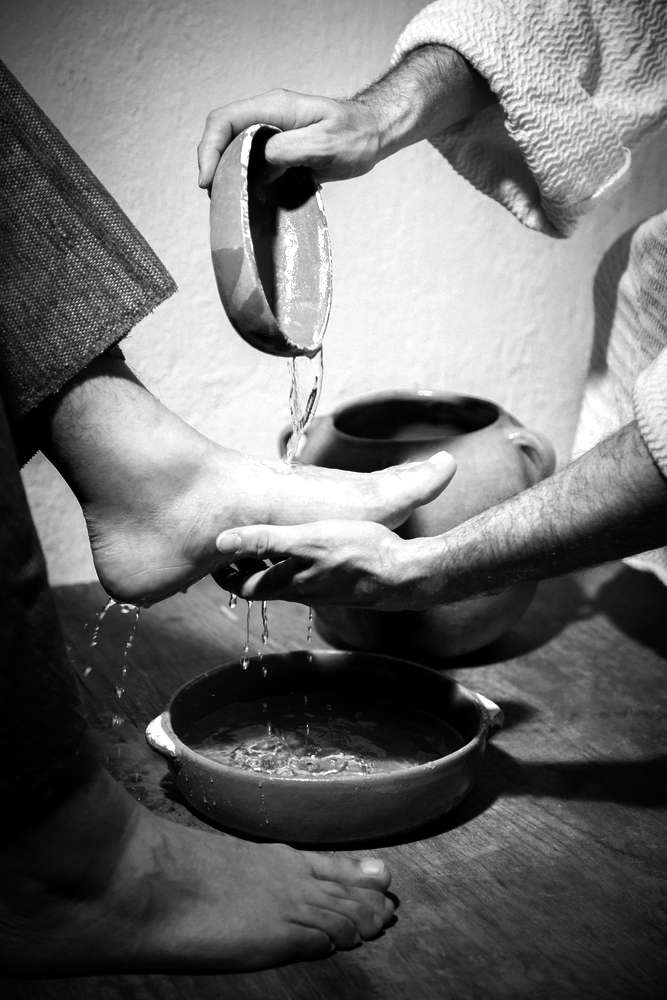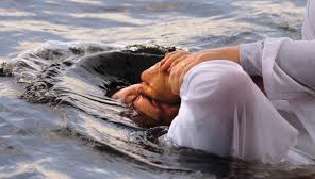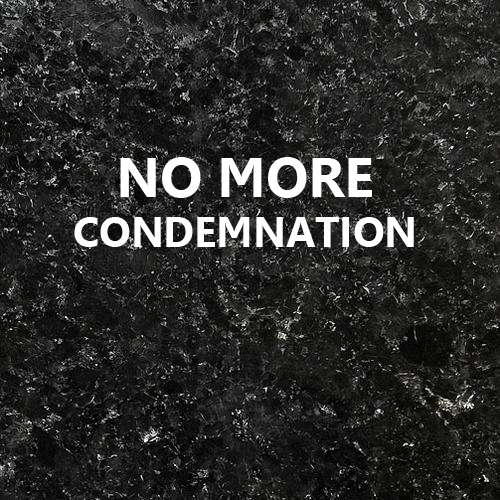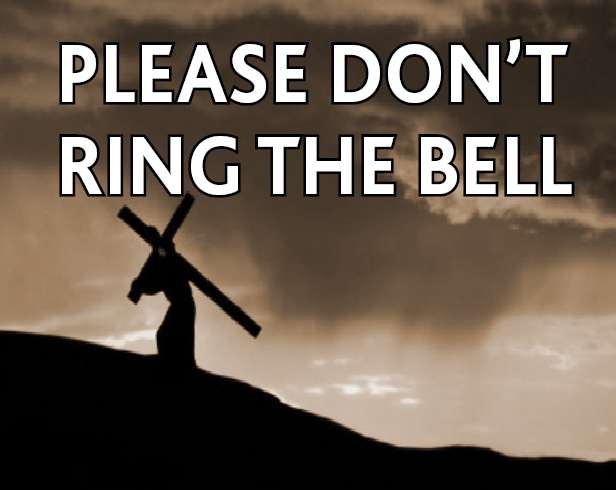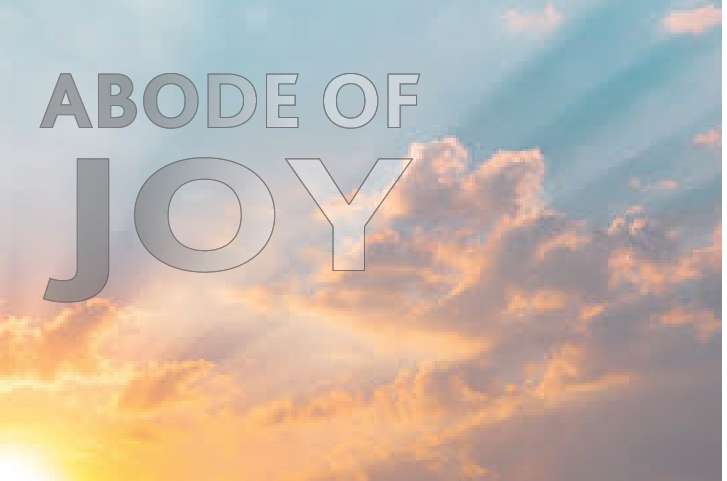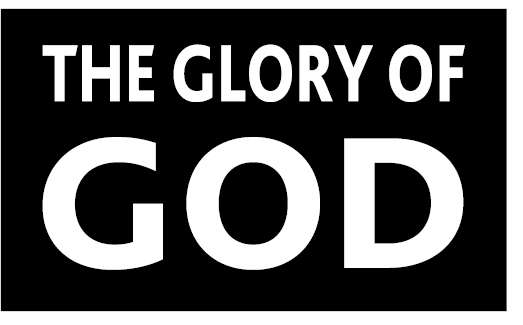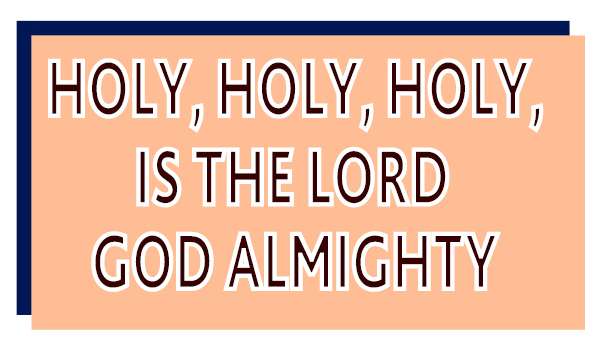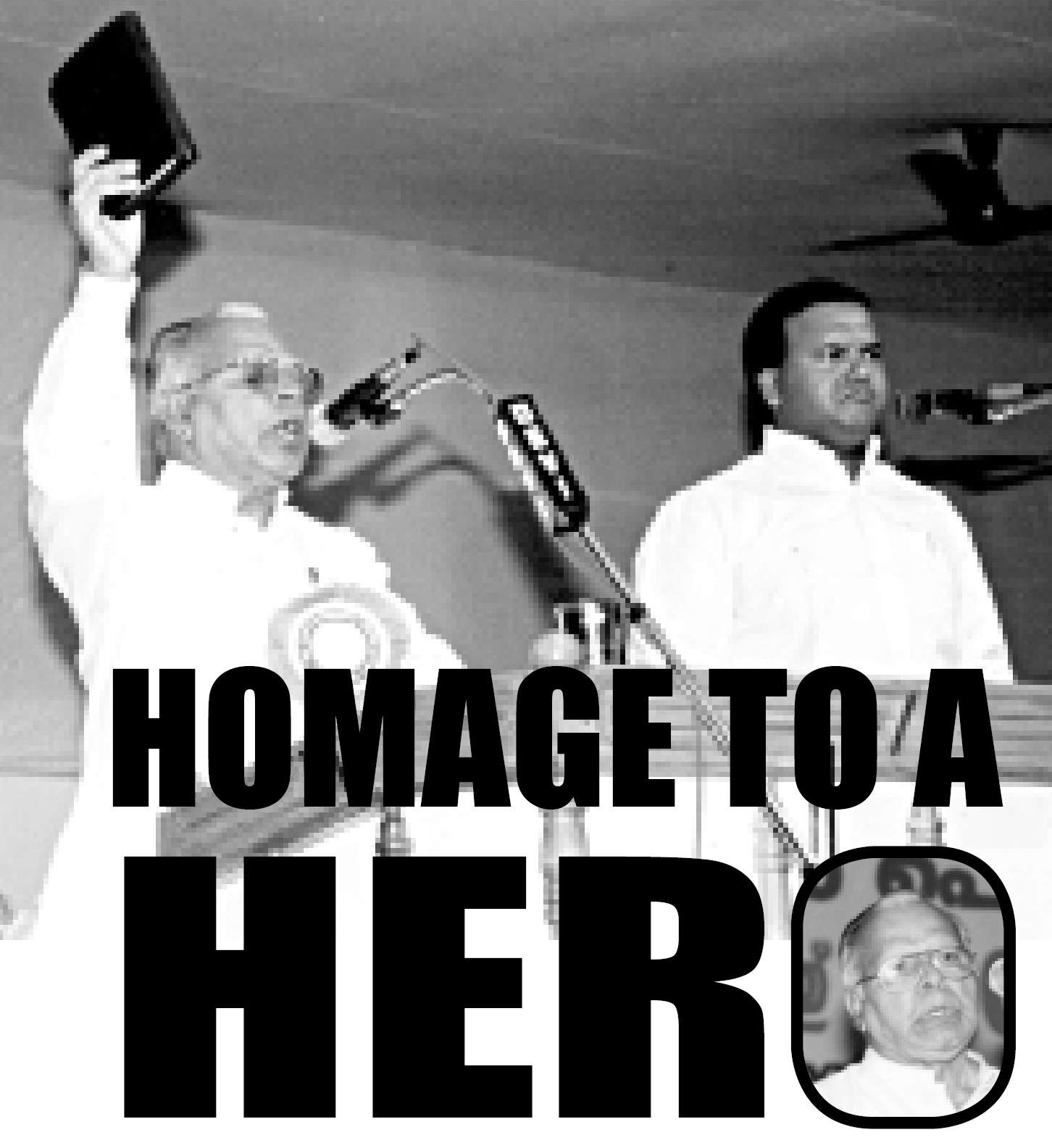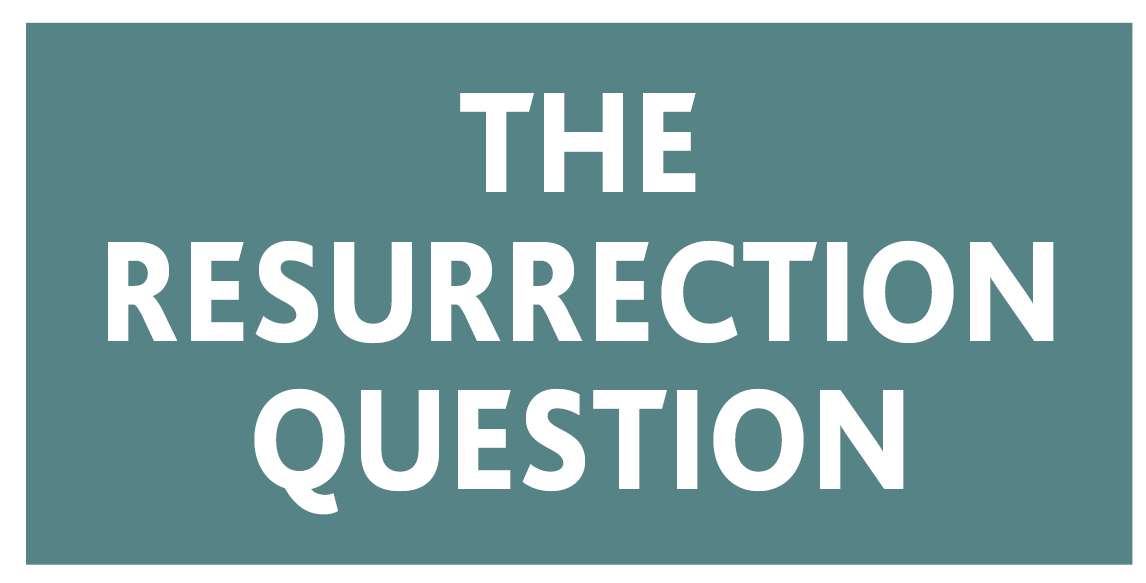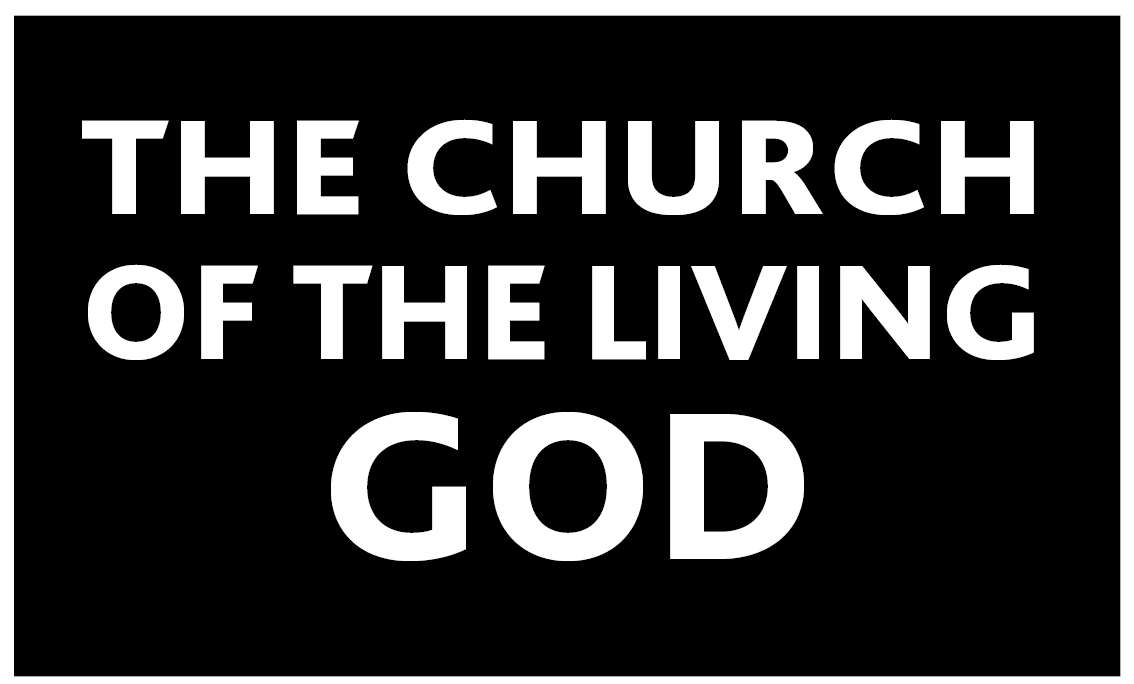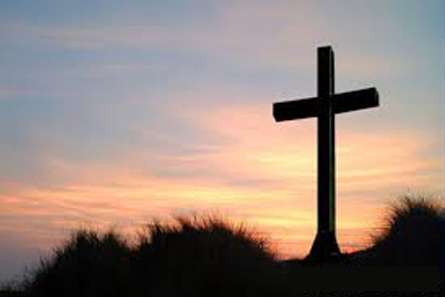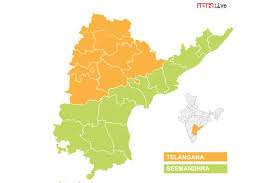
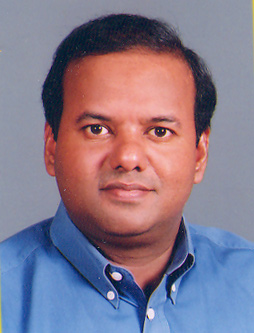
IPC in Andhra Pradesh
Dr. John K. Mathew
It is with great pride we say that, "the India Pentecostal Church was registered in Eluru, Andhra Pradesh," suggesting it was not confined to the four walls of Kerala. At the same time we conveniently cover up the history of our work in A. P. and ignore the sacrificial service of many for the expansion of the kingdom of God in that part of India. Honestly speaking, the right candidate for presidency, after Pastor T. S. Abraham was Pastor John Sunder Rao, who was the Vice-President then and a man of prayer. Unfortunately, the ugly politics in the Kerala churches undermined this possibility and the church was pushed to the chaos we witness today.
Why wonder? Jawaharlal Nehru, the architect of modern India is gradually vanishing from our history books. It is such a time of revision and some people need it so bad for their existence.
As the IPC in Andhra Pradesh celebrates its 75th anniversary, let me reveal the history of IPC in Andhra from the view of an eye witness. She is Mrs. Aleyamma Cherian, one of only four survivors of the first IPC faith home in Eluru, the third daughter of Pastor P. T. Chacko:
"The 1920’s witnessed a great spiritual awakening among the orthodox Christians in Kerala. Those who accepted the Full Gospel truth broke away from the rituals and liturgy of the traditional church forming independent fellowships. The leadership among them had several spiritual giants well-versed in the Scriptures and “full of the Holy Ghost” (Acts 6 :3). The revival fires kindled in Kerala also produced a band of dedicated soul-winners. Proclaiming the gospel in Andhra was their passion.
In 1932 Pastor P. M. Samuel felt led of the Lord to begin evangelistic ministry in Andhra. Many doors opened up in Eluru, Rajahmundry and Kakinada among the Baptists and Lutherans. Several souls were saved. In the year 1936 Pastor P. T. Chacko, his wife Annamma, daughters, Mary, Joy and Aliamma came to Eluru as the first IPC missionary family. Along with them were a group of earnest Christian workers that included Mrs. K. E. Abraham, Brothers P. M. Philip, T. K. Thomas, P. M. Thomas, Sisters Mary and Annamma. They had a divine mandate. It was a venture of faith, trusting in God’s promises. Not that other options were unavailable. They could have easily worked for a Christian organization that paid a salary. But they made a voluntary choice. Like Moses, they chose to suffer. They opted to live by faith. The unwritten covenant was that you prayed about your needs believing God to provide. You do not seek financial help from people or agencies. For families it meant the parents choose between buying milk for growing children or kerosene oil for the gas light. Kerosene oil was an essential tool for ministry. They lived without electricity. Children growing in Faith Homes in pioneer days never had milk to drink. They saw eggs served to guests or convention speakers. “We will live on what God provides. We’ll teach our converts the Biblical pattern of tithing.” - At the Eluru Faith Home hardship and privation was experienced. There were also instances of supernatural provision through total strangers to whom God spoke in dreams and visions to assist the children of God at the Faith Home".
This is just a very short introduction to the IPC work in Andhra Pradesh. The story continues and it is filled with the saga of the sufferings and sacrifices of so many. " Who dare despise the day of small things, since the seven eyes of the Lord that range throughout the earth will rejoice when they see the chosen capstone in the hand of Zerubabbel? " (Zech.4:10). Let this season of celebration be a time when the AP churches renew their vision and re-dedicate themselves for the expansion of the Kingdom of God. Blessing.




